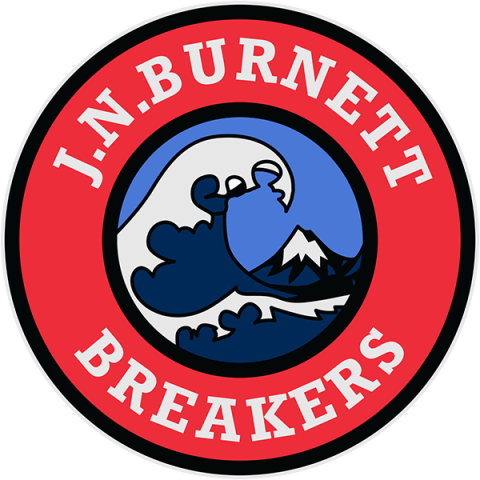Career Life Connections and Capstone Project
CLC SERVICE PROJECT DETAILS
For Grads of 2023, to complete your Capstone, please select 'CLC Service Project' below for the details of the CLC Service Project.
2023 SCHOLARSHIP WORKSHEET & APPLICATION FORM (Click)
CAREER LIFE CONNECTIONS & CAPSTONE
J.N. Burnett delivers the Career Life Connections course through our Conference days. Each grade level, 8 through 12, is expected to attend, participate in, and reflect on the activities that are presented during those days.
Students are responsible for uploading and storing their completed activities and reflections to myBlueprint.ca/sd38. This is important, as it is a record of their participation during Conference days.
Students who have an excused absence on a Conference day must complete the activities and reflections and upload them to myBlueprint. Each Conference Day is based on a theme that addresses the Career Life Connections curriculum.
These themes are:
- Careers
- Community Connections
- Health and Well-being
- Social Responsibility
Students will receive 2 credits in Grade 11, and 2 credits in Grade 12 for Career Life Connections.
CAPSTONE PROJECT
The Capstone Project is part of Career Life Connections. During grades 11 and 12, students will plan, design, document, create, and present a Capstone Project.
It is mandatory for all students to complete a Capstone in order to receive a Career Life Connections course credit.
The Capstone Project is an opportunity for students to demonstrate their learning in a particular topic they are interested in learning about. This student-centered approach allows individuals to personalized their learning in an area that they are passionate about.
Be prepared to invest at least 25 hours towards completing your Capstone Project. This does not include your 30 Hours of Work/Volunteer Experience, or the 90 Hours completed in the Work Experience (WEX) course.
CAPSTONE STYLES
What Can My Capstone Look Like?
Your Capstone Project can be presented in many different ways or styles. What form is your Capstone Project going to take? What will your final project look like? This is your chance to be creative!
Capstone Styles
We have provided 7 different Capstone Styles to give you an idea of what form your Capstone Project can take. Please refer to the Capstone Styles Booklet below for detailed information.
CAPSTONE PROPOSAL
Before starting your Capstone Project, you need to complete a Capstone Proposal. Once this proposal is approved, you can start your Capstone journey.
MENTORS
You will need to find a Mentor to help guide you throughout your Capstone.
What is a Mentor?
A mentor is an adult that you trust, a person that can provide support and guidance as you are going through the process of completing your Capstone Project.
Once you find a mentor, you need to meet at least 3 times to discuss your Capstone progress. These meetings must be documented and signed on the Mentor Log sheet.
IMPORTANT CAPSTONE DOCUMENTS
Before your Final Capstone Presentation during the May Conference Day, you will need to have the following documents completed and signed off on your Career Life Connections Report Checklist:
- An updated resume
- 30 Hours Work/Volunteer Experience
- Your Mentor Log
Please bring your signed and completed Career Life Connections Report Checklist, along with the above documents, to your Capstone Presentation in May. All of these forms, with the exception of your resume, can be found below.
FINAL CAPSTONE PRESENTATION
Your Final Capstone Presentation will occur during the May Conference day.
Your Capstone is worth 50% of your Career Life Connections course. All students must present their Capstone Project in order to graduate.
The following document outlines the Capstone Rubric that will be used for assessment:
